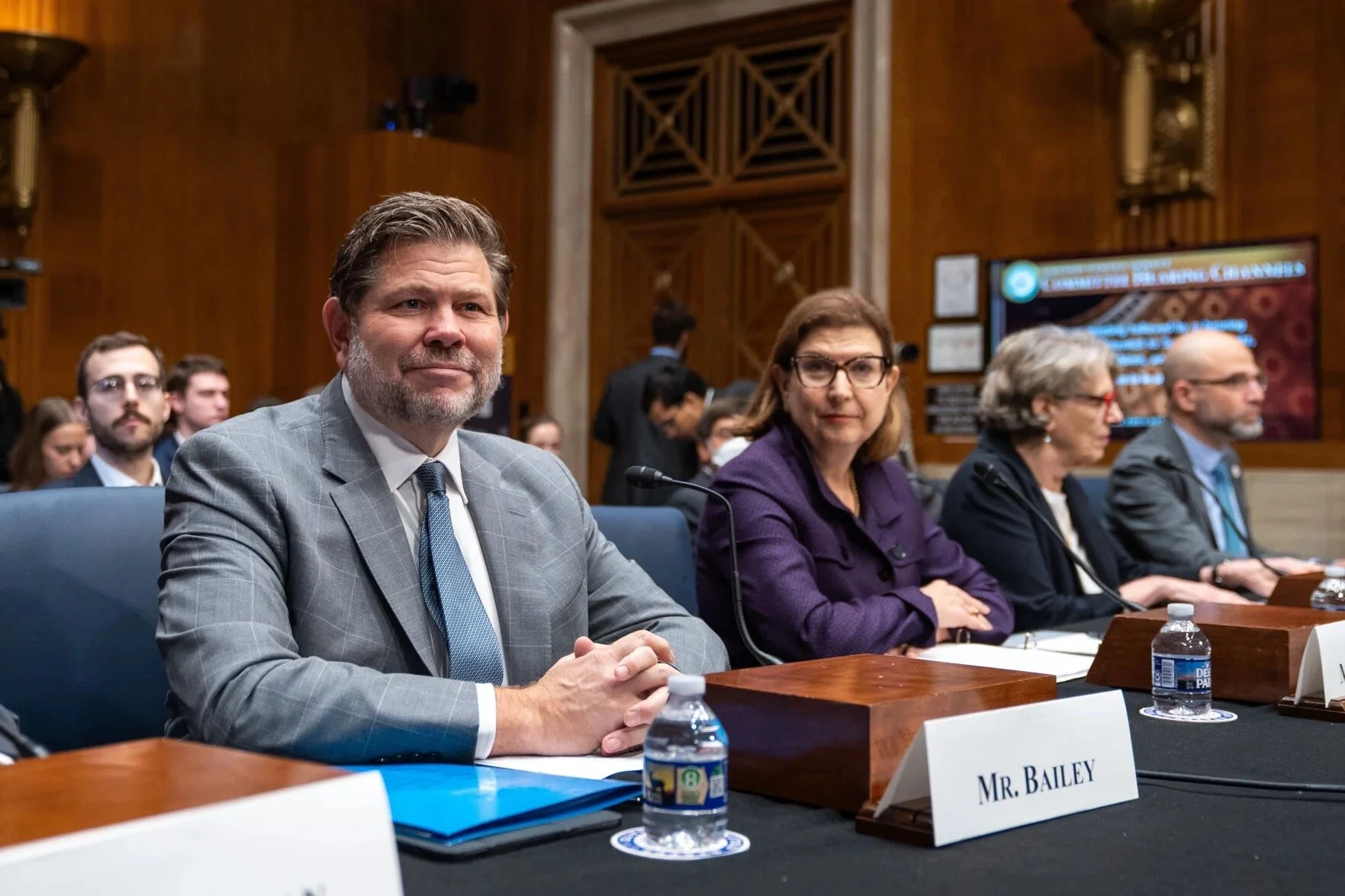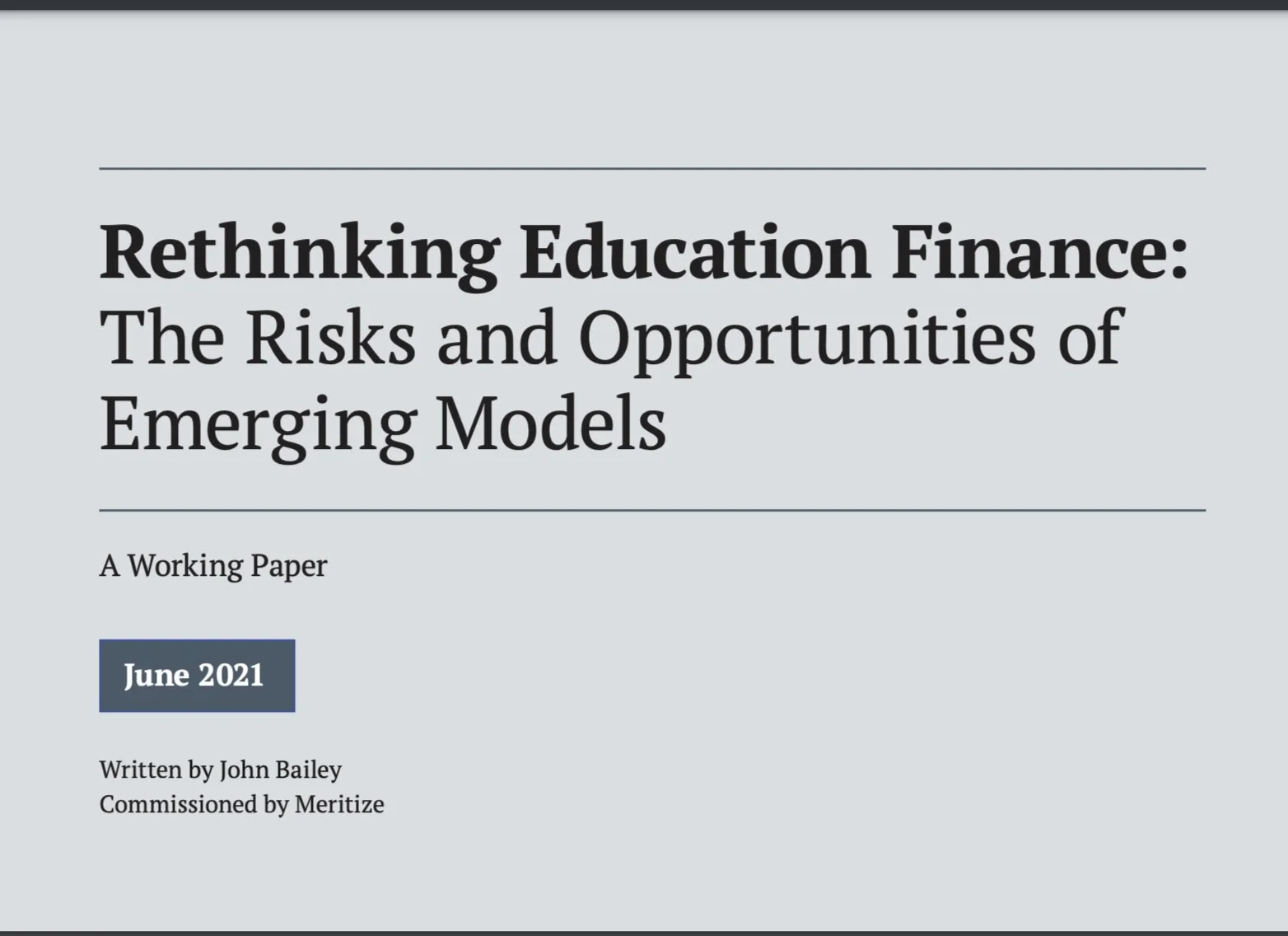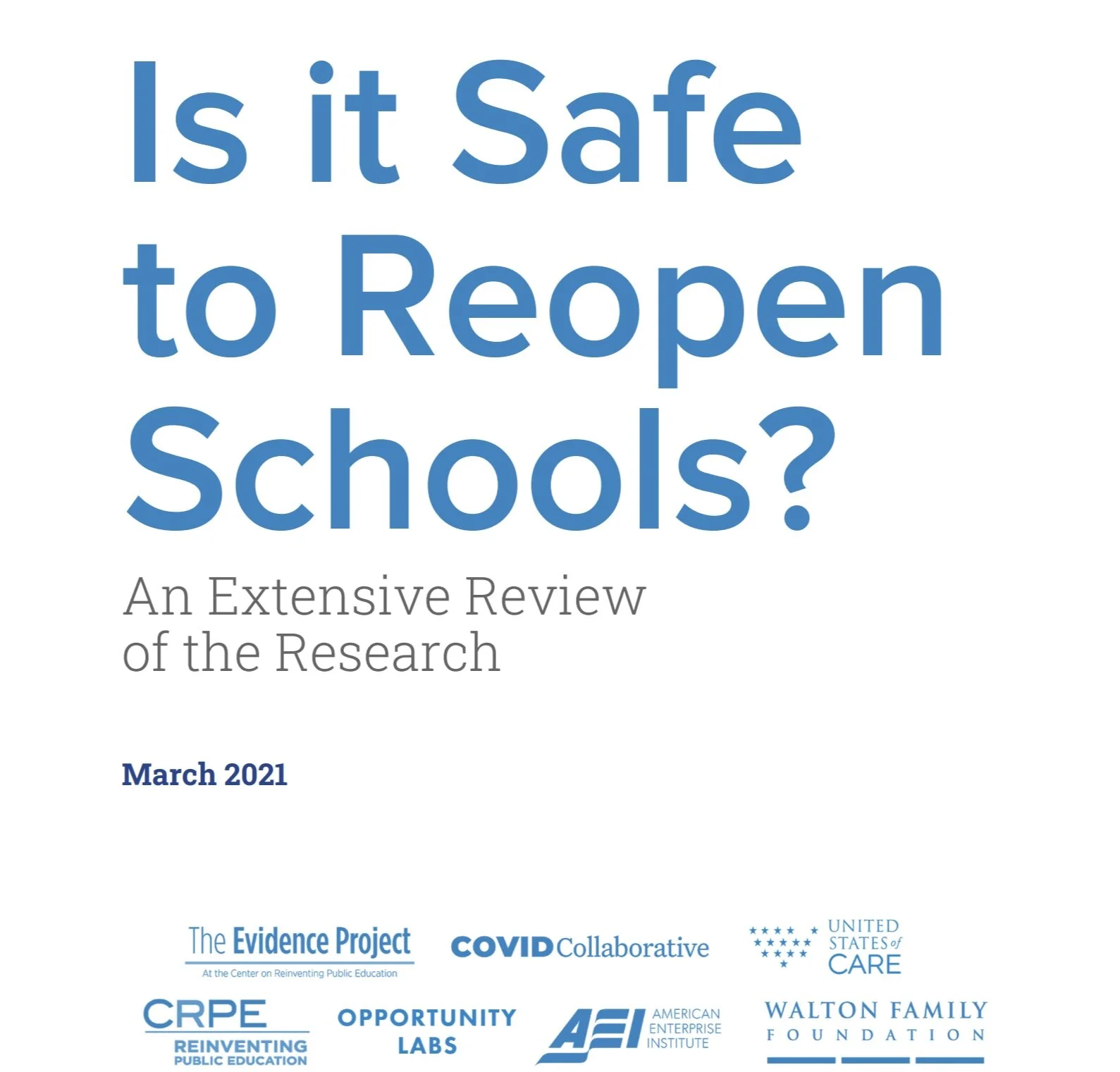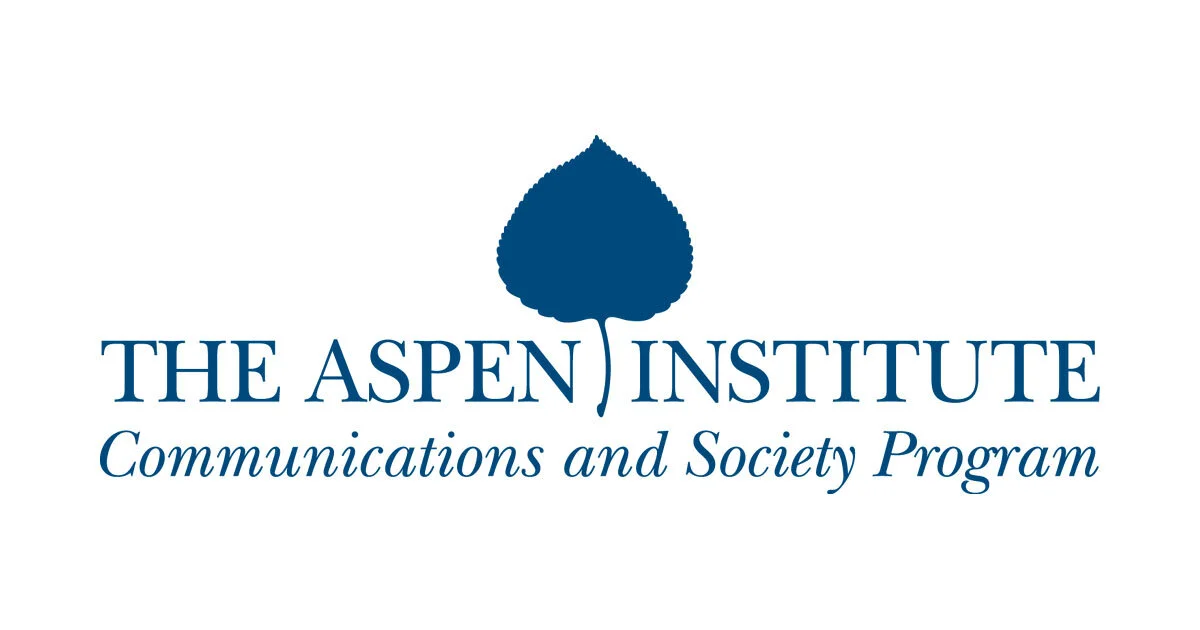The COVID-19 pandemic has exposed the urgency for state governments to improve digital service delivery and address long-standing technology challenges. The Tech Talent Project, in collaboration with AEI, the Beeck Center for Social Impact + Innovation at Georgetown University, and New America, has released a report offering guidance for states to build technical capacity and avoid past pitfalls. I had the privilege of co-chairing this effort with Cecilia Muñoz Former Assistant to the President and Director, White House Domestic Policy Council.
Broadband Provisions in the Infrastructure Investment and Jobs Act
Broadband has become a fundamental enabling technology for nearly every aspect of our lives. It helps support online learning, remote work, telemedicine, and delivery of government services. In the same vein, the lack of access to affordable broadband creates enormous challenges for segments of the population that are unable to access crucial services to help them succeed in work and life. This report summaries the Infrastructure Investment and Jobs Act programs that will allocate more than $65 billion toward closing the digital divide.
Rethinking Education Finance: The Risks and Opportunities of Emerging Models
Is it Safe to Reopen Schools? An Extensive Review of the Research
A new report, Is it Safe to Reopen Schools? An Extensive Review of the Research, from the COVID Collaborative, United States of Care, the Walton Family Foundation, Opportunity Labs, CRPE's Evidence Project, and AEI summarizes more than 130 studies that show the physical, academic, and emotional toll of school closures will have a significant negative impact on children for decades to come. The report highlights key findings around risks for children, transmissibility concerns, and the impact of school reopenings on community spread — including a new analysis of data related to learning loss, student engagement, and absenteeism with a focus on the disproportionate harm on students of color.
Covid Collaborative: Ten Ways to Make Online Learning Work
I had the chance to work with all the former U.S. Directors of Educational Technology to publish ten recommendations for how to make online learning work better during this period of disrupted learning. It was incredibly gratifying and inspirational to experience the brilliance and insight from these leaders: Linda Roberts, Karen Cator, Richard Culatta, Tim Magner, Susan Patrick, and Joseph South, and Katrina Stevens.
Memos for a Tech Transition
For the first time, the presidential transition process will receive technology-focused agency review briefs — written by expert technologists and policymakers, who themselves served in the agencies — to assess the current technological capacity, critical items for the first 200 days, and key technical leadership positions for 2021.
What To Do About the Fall's Looming School Personnel Crisis
Everyone was taken by surprise when schools closed their doors to over 55 million students this spring. When schools reopen, there will be important accommodations to protect students and staff. But some teachers and school personnel — as many as half a million — may not be able to return to school building due to being more at risk for contracting COVID-19. Schools need to adequately prepare for what can only be described as a mounting school personnel crisis in the fall.
A Blueprint for Reopening America’s Schools This Fall
We shouldn’t strive to return to “normal,” but rather to attain something better. Adapting to the challenges of COVID-19 gives America’s schools the opportunity to provide what is uniquely possible in the classroom while seeking new ways to fully use technology and community partnerships. There has never been a better time for schools to run their own pilots of blended learning, personalized learning and competency-based learning. Schools can meld the best of the brick-and-mortar experience of school with digital content, online courses and cloud-based services. Personalized learning could become the way we approach teaching and learning moving forward.
Here Are Five Steps Schools Can Take to Reopen Schools
In many communities, reopening schools will not mean business as usual. Just what will it take to get schools ready, amidst enormous uncertainty?
To tackle that question, we worked with a task force of 19 bipartisan educational leaders — including former state chiefs, superintendents, federal education officials, and school leaders — to develop a blueprint to help states, communities, and schools address these challenges. Here are five key places to start.
A Blueprint for Reopening This Fall: What Will It Take to Get Schools Ready?
Families and communities need America’s schools to be ready to reopen as soon as public-health officials signal that it’s safe. The nation has recently been reminded just how vital schools are. They connect students with peers and mentors, channel youthful energy into productive pursuits, teach essential academic skills and knowledge, and give overwhelmed parents room to breathe and work. Today’s packets and remote learning efforts are at best an inferior substitute for a small portion of this.
A Blueprint for Back to School
COVID-19 Closed Schools. When Should They Reopen?
Unleashing Entrepreneurial Energy to Transform Education
This emerging generation of entrepreneurs is blurring the lines between purely social or business interests as demonstrated by the rise of Silicon Valley companies tackling societal challenges ranging from greentech to healthcare to education. These social entrepreneurs are often driven by a double bottom line of measuring success not just based on traditional business metrics but also social outcomes. Within this wave of social entrepreneurs are individuals launching ventures aimed at solving difficult challenges within our education system. They strive to address pain points and frustrations for teachers, improve the learning experience for students, offer parents new ways to help their child, or reimagine the way instruction can be delivered using games.
There are thousands of entrepreneurs just waiting to bring innovations to education. The question before us is if our nation will give them the opportunity to do so.
Aspen Institute Taskforce on Learning and the Internet: Learner at the Center of a Networked World
The Aspen Task Force on Learning and the Internet, with support and guidance from the John D. and Catherine T. MacArthur Foundation, is a group of 20 innovative and respected minds in technology, public policy, education, business, privacy and safety. The Task Force’s goal was to understand the ways in which young people learn today and to optimize learning and innovation within a trusted environment.
Six Recommendations for Learning in the Digital Age
The 20-member task force, which includes three former Federal Communications Commission leaders, made six recommendations comprising 26 action steps for policymakers, education leaders and others in a report released on Tuesday, June 17. But the central idea of this report is that learning should revolve around the student, not the institution of school.


















